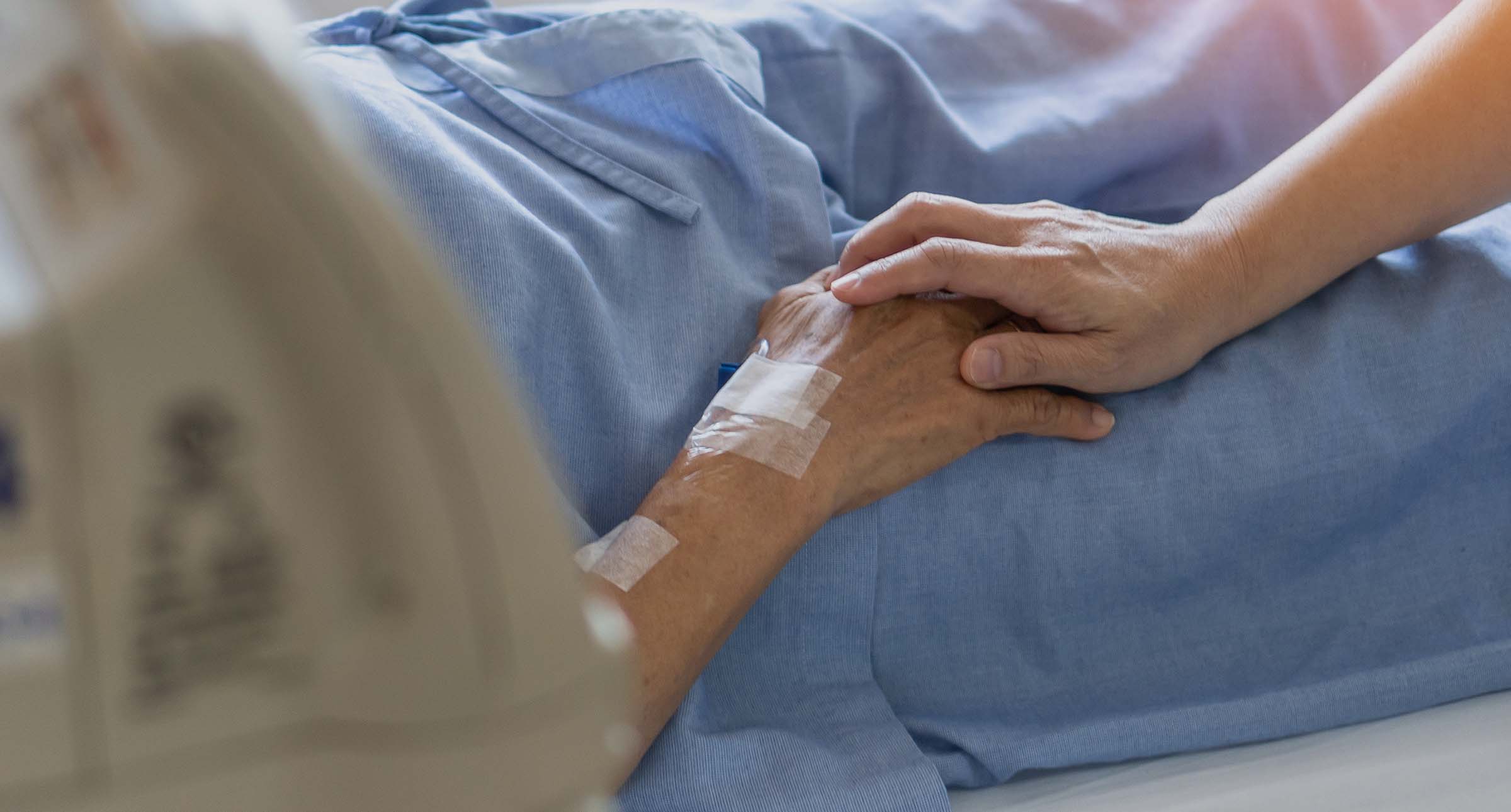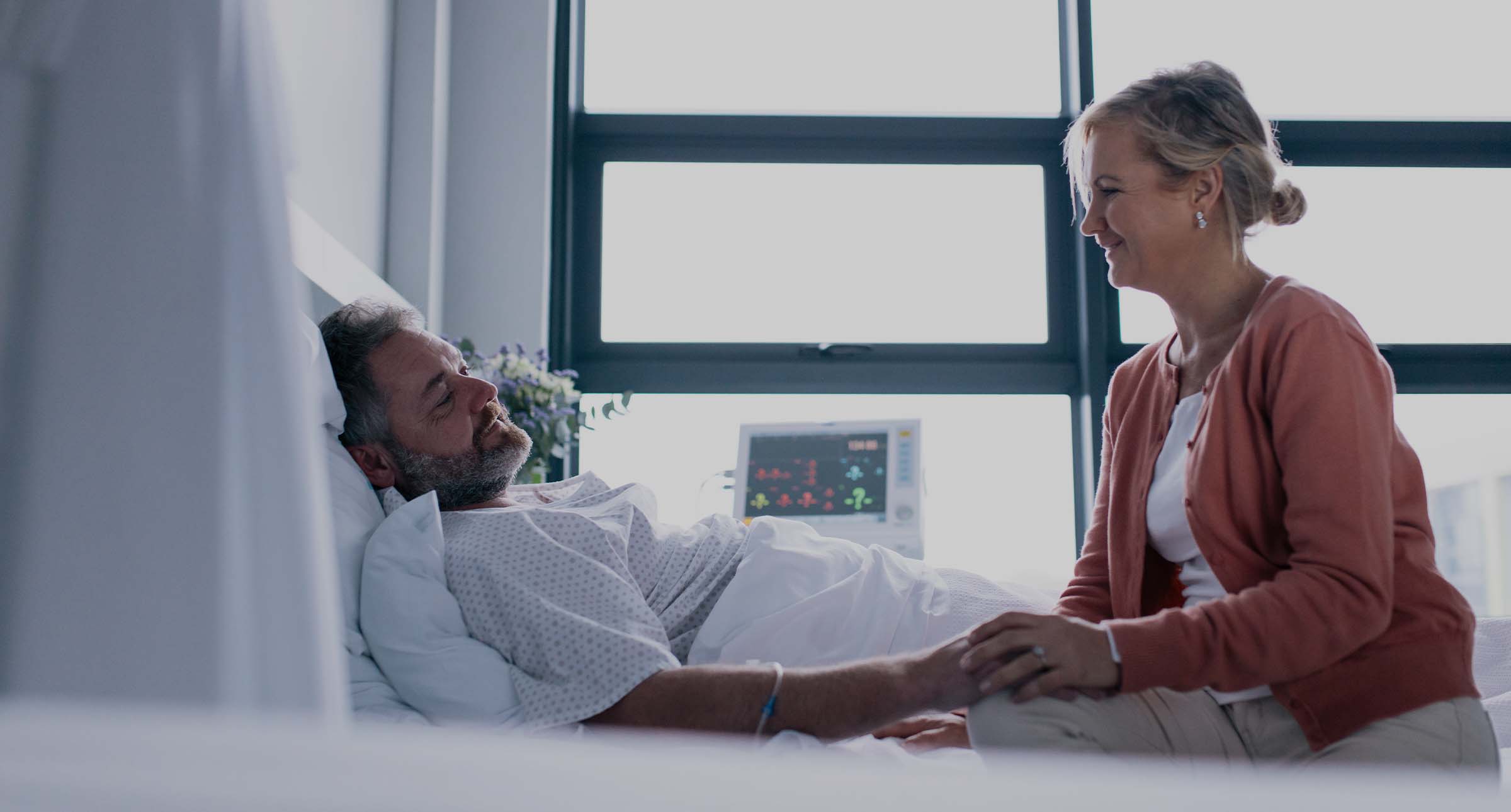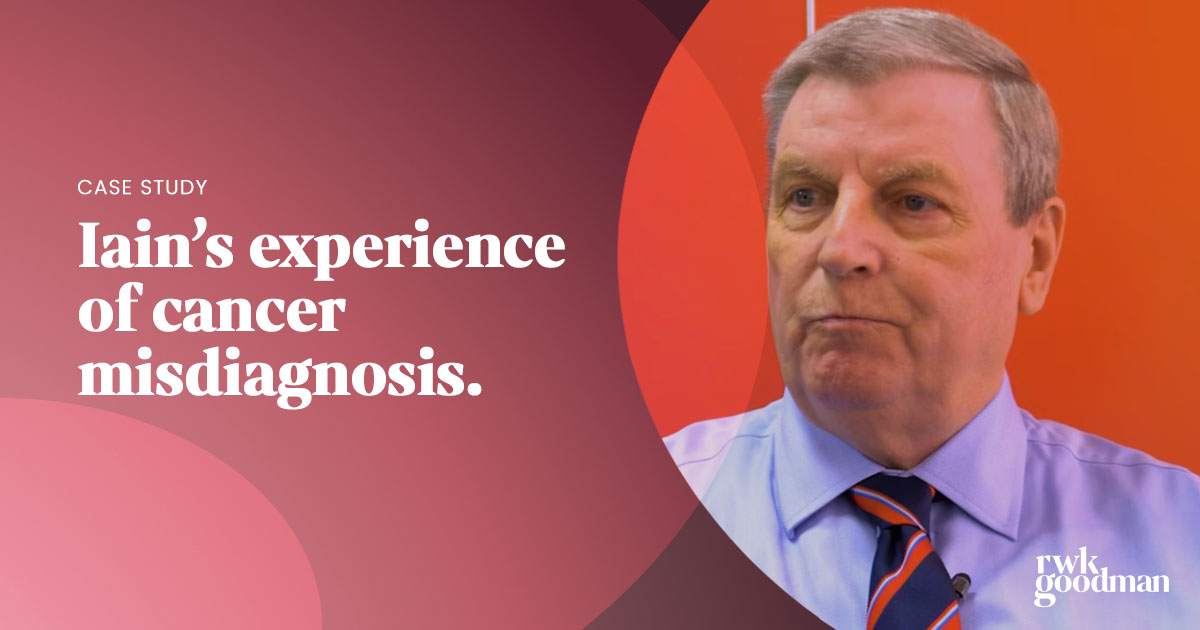Anaesthesia awareness: what you need to know.

Accidental anaesthesia awareness is when you become conscious during a procedure under general anaesthetic, even though an anaesthetist intended for you to be unconscious.
Patients report a variety of experiences, ranging from being in a dream-like state to being fully awake, immobilised, and in pain from the surgery or procedure.
Whilst this is thankfully relatively rare, when it does happen, anaesthesia awareness often occurs due to clinical negligence and can be life-changing for the person involved.
When does anaesthesia awareness happen?
Anaesthesia awareness (sometimes known as intraoperative awareness) is rare but can happen to patients under general anaesthesia.
The largest study on this was undertaken in 2014 by the Royal College of Anaesthetists and the Association of Anaesthetists, which showed that it affected one in every 19,000 patients.
Some patients are more prone to anaesthesia awareness, such as those undergoing emergency surgery, when operations are performed out of hours, or when the patient is very ill and consequently has low blood pressure.
How do you know if you experienced anaesthesia awareness?
In less serious instances, patients have a brief recollection of something that occurred during the period of anaesthesia, such as they can feel touch and hear noises like the treating team speaking to each other.
In more serious instances patients suffer an inability to move (paralysis) while conscious, they feel severe pain of the procedure and are unable to make those around them aware of this – this can cause feelings of extreme fear.
When this heightened level of awareness happens the patient usually shows clinical signs of awareness including hypertension (high blood pressure), tachycardia (high heart rate), patient movement or tachypnoea (abnormally fast breathing rate).
What impact can an experience of anaesthesia awareness have?
Those who have experienced this can go on to suffer from effects such as vivid nightmares, anxiety, and flashbacks. Some patients are diagnosed with recognised psychiatric disorders, such as post-traumatic stress disorder (PTSD).
Many struggle to return to a hospital in the future due to the psychological impact and can be particularly fearful of receiving anaesthetic again. This can be a significant problem, particularly if the intended surgery had to be abandoned at the time and the patient is understandably reluctant to have it repeated.
Anaesthesia awareness and clinical negligence
Anaesthesia awareness can often be caused by negligently administered anaesthesia.
A patient will be able to bring a clinical negligence claim if there was substandard care on the part of the treating team and this caused them to regain consciousness inadvertently.
Examples we have seen include:
- inadequate assessment of the patient’s medical history and health when considering their suitability for the procedure and planning the type and quantities of anaesthetic medicine;
- equipment used by the anaesthetist not functioning as it should have been;
- when the anaesthetist misjudged how much anaesthetic to administer and gave an incorrect dose;
- an inappropriate medication, or combination of medicines, was used;
- an improper technique was used to administer the anaesthetic;
- proper checks not being carried out throughout surgery.
Why might it be beneficial to pursue a claim?
In clinical negligence claims such as this you will be entitled to compensation if it is established that the care was substandard and caused you harm. The aim of this compensation is to return you, as far as reasonably possible, into the position you were in before the negligence .
A successful claim secures financial compensation to cover:
- compensation for the pain, suffering and the and the impact it has on your life;
- loss of income suffered as a result of the negligence, or expected in the future;
- private psychological treatment, such as cognitive behavioural therapy or counselling to help support your recovery;
- costs of treatment at a different hospital if your injuries prevent you from being able to return to the original hospital and related additional travel costs.
As well as compensation we are often able to obtain answers for you about why things went wrong and can seek for lessons to be learned so that the same thing doesn’t happen to someone else. In many cases we are able to secure a formal apology for what happened.
Are there time limits to investigate a claim?
Generally, clinical negligence claims such as this have a time limit of three years from the date of negligence.
A claim form must be issued at the court – or an extension agreed with the Defendant – before this date, otherwise it will become statute-barred and you may be prevented from pursuing a claim at all.
Therefore, if you wish to investigate a claim of this type, we recommend you seek legal advice as soon as possible.
How would you pay for legal advice for a claim?
Many of our clients find they are able to have specialist representation at cost to themselves through an existing legal expenses policy, or through a Conditional Fee Agreement (known as ‘no win, no fee’).
We will discuss the options available and help you choose the best one for your specific situation.
Please get in touch if you’d like to find out more about this area and whether we can assist you.
Call now




